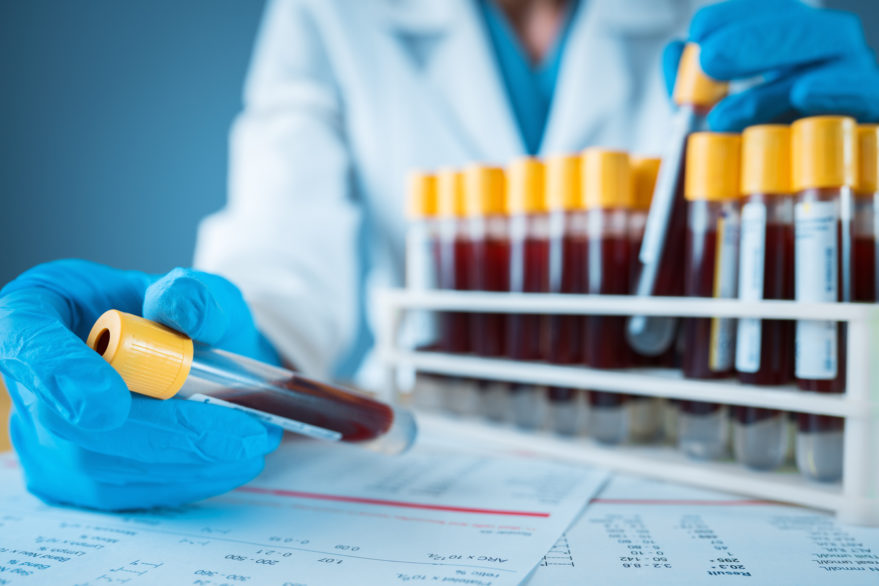When the novel coronavirus pandemic hit, naturally, COVID-19 itself topped the list of global health concerns. However, related issues were catching the attention of the medical and scientific community as well. Among them: the emergence of a new multisystem inflammatory syndrome in children after exposure to the virus. In the United States alone, the Centers for Disease Control and Prevention has reported 2,617 cases to date, and Rady Children’s Hospital-San Diego has provided care for more than 70 patients with the condition. MIS-C leads to inflammation to organs and symptoms such as abdominal pain, vomiting, diarrhea, fever and rash, and can occur even when a child was not known to have been exposed to SARS-CoV-2, the virus that causes COVID-19. It bears many similarities to Kawasaki disease, a subject Jane Burns, MD, director of the Rady Children’s Kawasaki Disease Clinic and the Kawasaki Disease Research Center at UC San Diego, and Adriana Tremoulet, MD, MAS, associate director of the UC San Diego KDRC, know a thing or two about. Upon seeing the rising MIS-C trend in international reports and in their own care settings, the internationally recognized physician-scientists took action to pursue a deeper understanding of, and in turn tailored diagnostic and therapeutic solutions for, the condition.
Dr. Burns and Dr. Tremoulet sent out a call for collaboration throughout their KD network, and soon launched the Characterization of Multisystem Inflammatory Syndrome and its relationship to KD, or CHARMS, study. Funded by the Patient-Centered Outcomes Research Institute, experts from 26 research sites in the United States are gathering clinical data and blood samples from patients with MIS-C. In addition, with funding from the National Institutes of Health’s PreVAIL grant, Dr. Tremoulet and additional researchers at UC San Diego will use clinical details and samples to work on the development of a diagnostic test specifically for the condition. Dr. Burns and Dr. Tremoulet note that at this time, diagnoses are based on fever, severe inflammation on standard lab tests and the presence of SARS-CoV-2 antibodies. If a targeted test can be created, care teams will be able to more quickly rule out other possible diagnoses and begin an appropriate treatment regimen. In a parallel initiative, Dr. Tremoulet reached out to her Latin American KD network and mobilized a collaboration to collect data and samples from in partnering countries.
Dr. Tremoulet also created the Multisystem Inflammatory Syndrome Therapeutics in Children, or MISTIC, trial to explore how effective existing therapies for similar conditions are at treating MIS-C. Patients with MIS-C are treated with intravenous immunoglobulin and then are randomly assigned one of three therapies: steroids, anakinra (an immunomodulator used in rheumatoid arthritis treatment), and infliximab (another immunomodulator used in inflammatory bowel disease). Each of these options help to lower overall inflammation to avoid long-term damage to the heart and blood vessels. At present, about 35 patients are enrolled in the study, and the research team will conduct full data analysis and outline next steps upon reaching 100 or more participants.
Although adults are significantly less affected by MIS-C, they can also develop multisystem inflammatory syndrome many weeks following COVID-19 exposure. In fact, there have been three cases at Rady Children’s neighboring hospital, Sharp Memorial. “We think it is rare because it requires a complex genetic predisposition. [But] theoretically … persons of any age could be susceptible,” Dr. Burns and Dr. Tremoulet explain. As the MISTIC team continues their efforts, their findings will establish important foundations for improved care for patients on a global scale.
To learn more about research initiatives at Rady Children’s, visit https://www.rchsd.org/research/.
